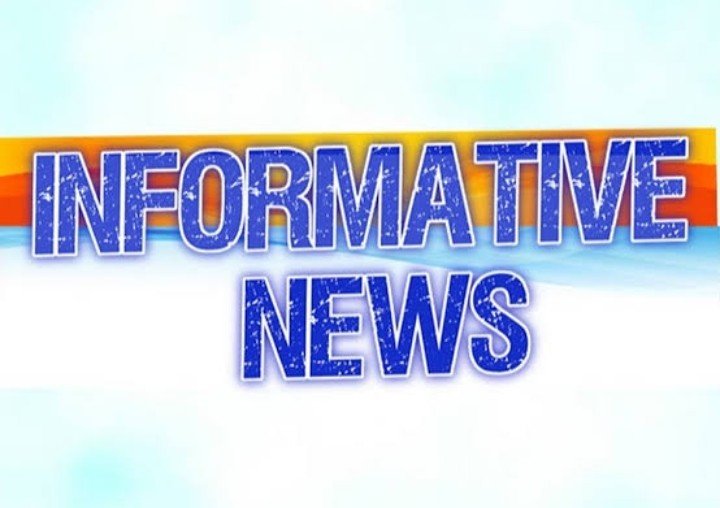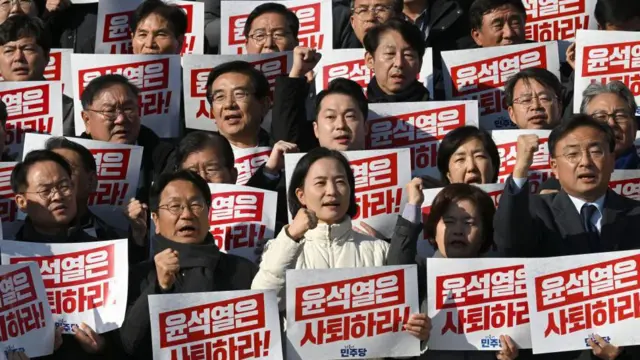In recent weeks, whispers of martial law have reignited fears across South Korea, raising troubling questions about the nation’s democratic stability. Though the government has not officially invoked martial law, growing unease over the mere possibility reveals the public’s deep-rooted anxiety about its implications. The term “martial law” resonates ominously in South Korea, conjuring memories of a turbulent past and sparking debate about the balance between security and freedom.
The Shadow of History
South Korea’s modern history has been shaped by authoritarian regimes that frequently relied on martial law to suppress dissent. During the military dictatorships of the 1970s and 1980s, martial law was used to stifle protests and silence opposition. Iconic moments such as the Gwangju Uprising of 1980, where citizens demanding democracy were brutally suppressed, remain painful reminders of the consequences of unchecked state power.
While South Korea has transformed into a thriving democracy, the specter of martial law lingers. The idea that it could once again be considered—even hypothetically—raises alarms about the fragility of freedoms many South Koreans fought hard to achieve.
Current Concerns
Recent political unrest and protests have fueled speculation about how the government might respond to growing tensions. These anxieties are compounded by allegations of political interference within key state institutions, raising fears that the military could be mobilized under the guise of maintaining order.
Critics warn that invoking martial law could undermine public trust in the government and the democratic process
The Threat of Martial Law Sparks Chaos and Worry in South Korea
In a nation with a hard-earned democratic foundation, the mere whisper of martial law is enough to send shockwaves through South Korea. Recent developments have stirred fears that the government might resort to military control, threatening to unravel decades of progress in democracy and civil liberties. The specter of martial law has brought with it a wave of anxiety, as citizens recall the nation’s troubled history and question its future stability.
A Painful Legacy
Martial law is not an abstract concept in South Korea; it’s a reminder of a darker era when military regimes wielded unchecked power. From the suppression of protests during the 1970s to the brutal crackdown on the Gwangju Uprising in 1980, martial law has long been associated with violence, oppression, and the erosion of civil rights. These scars run deep, and any suggestion of its reintroduction strikes at the heart of South Korea’s hard-won democracy.
While the nation has made remarkable strides in becoming a global model of democratic governance, the current unease signals how fragile such systems can be. The mention of martial law evokes fears of a return to authoritarian practices, where dissent is quashed and individual freedoms are trampled in the name of order.
Democracy Under Threat
Recent political turmoil has added fuel to the fire. Protests over economic policies, corruption scandals, and social inequality have intensified in recent months, leading to speculation about how far the government might go to maintain control. Even a hypothetical consideration of martial law as a response to unrest highlights a worrying shift in the balance between security and freedom.
Critics argue that invoking martial law, or even entertaining the idea, undermines the democratic values that South Korea has worked so hard to build. In a vibrant democracy, civil dissent should be met with dialogue and reform—not threats of military intervention. Such actions risk plunging the nation into chaos, alienating citizens, and damaging its international reputation.
A Call for Vigilance
The concerns surrounding martial law underscore the need for vigilance in protecting South Korea’s democratic framework. Citizens and lawmakers alike must demand transparency and accountability from their leaders, ensuring that power is exercised within the bounds of the constitution. Public discourse, protests, and dissent are not threats to democracy; they are its lifeblood.
South Korea stands at a crossroads. The nation’s leaders have a choice: to honor the sacrifices of those who fought for democracy or to regress into authoritarian tendencies under the guise of maintaining order. The people, too, have a role to play in safeguarding their rights and rejecting any measures that threaten to erode them.
Martial law is not the answer to political unrest or social discord. Instead, it serves as a reminder of what can be lost when fear overrides freedom. South Korea’s journey toward democracy has been hard-fought; its preservation must be equally determined.


Average Rating